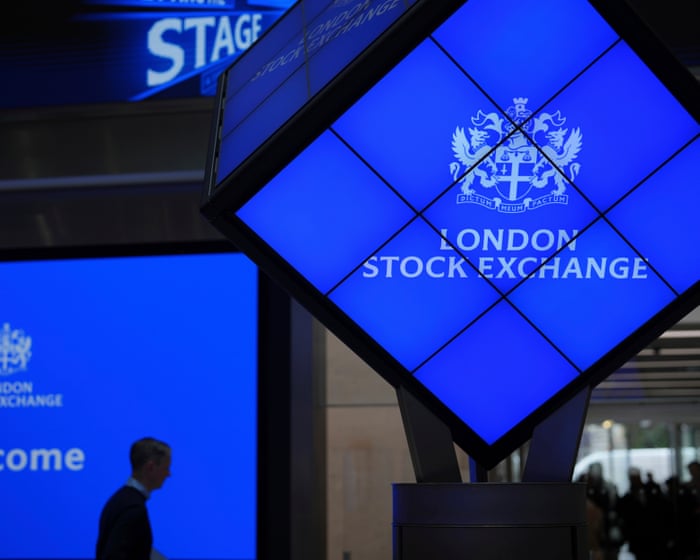1903년 런던 유니온 은행의 회장은 "우리는 세계의 금융 중심지"라고 선언했습니다. 당시 런던 시티는 뉴욕과 파리 증권거래소를 합한 규모만큼의 가치를 지닌 증시로 세계 금융을 주도했습니다. 그러나 현재 런던 증시는 2010년 이후 가장 빠른 속도로 위축되고 있습니다. 글렌코어가 런던 상장을 유지하기로 한 결정이 일시적인 활력을 줬지만, 이 추세를 뒤집기에는 역부족입니다. 점점 더 많은 기업들이 유럽과 미국을 위해 런던을 떠나고 있습니다.
레이철 리브스는 주식 소유를 장려하고 개인 투자자들이 스스로 투자를 관리하도록 독려함으로써 증시를 부활시키려 합니다. 한편 영국산업연합(CBI)은 세제 혜택과 보너스 규정 완화를 제안하고 있습니다. 두 계획 모두 규제 완화에 의존하지만, 어느 쪽도 근본적인 문제를 해결하지 못합니다. 영국의 부진한 증시는 지속적으로 낮은 기업 투자와 붕괴된 성장 모델을 반영할 뿐만 아니라 악화시키고 있습니다.
이론적으로 증시는 기업이 자본을 조달해 생산성과 경제 성장을 촉진하는 데 도움을 줍니다. 연기금과 개인 저축자를 포함한 투자자들은 이러한 성장으로 이익을 얻으며, 노동자들도 더 높은 임금을 통해 혜택을 봅니다. 그러나 영국에서는 이 시스템이 제대로 작동하지 않습니다. 기업들은 충분히 투자하지 않고 있으며, 한때 영국 주식의 주요 구매자였던 연기금들은 정부 채권이나 미국 시장으로 옮겨갔습니다. 1997년 영국 연기금들은 자산의 53%를 영국 주식에 투자했지만, 현재는 고작 6%에 불과합니다.
기업 성장은 둔화된 반면, 주주들은 점점 더 높은 배당금을 요구하며 정체의 악순환을 만들고 있습니다. 2000년부터 2019년 사이 배당금 지급액은 임금보다 약 6배 빠르게 증가했으며, 영국 기업들은 현재 유럽 경쟁사들보다 연구 개발(R&D)에 더 적은 비용을 지출하고 있습니다. 영국 경제는 생산성에 투자하기보다 부를 추출하는 데 더 능숙합니다.
결과적으로 영국 상장 기업들은 해외 인수에 취약해졌고, 암(Arm)과 같은 성공적인 기업들은 해외 상장을 선택합니다. 정치적 압력에도 불구하고 암은 미국에서 상장을 선택했고, 그 결과 기업 가치가 급등하며 해외 투자자들에게 이익을 안겼습니다.
CBI는 리브스가 연기금들을 다시 영국 주식 시장으로 끌어들이기를 원합니다. 더 많은 투자가 도움이 되겠지만, 부 추출에 치우친 경제를 바로잡을 수는 없을 것입니다. 공공 투자가 필요합니다—아마도 런던 외곽의 스타트업을 지원하는 지역 은행을 통해 이루어질 수 있을 것입니다. 리브스는 또한 주식 매입에 세금을 부과하거나 이사회에 직원 대표를 요구하는 등 기업들이 더 많이 투자하도록 압박해야 합니다. 그러나 이러한 해결책은 정치적 비전을 요구하는데, 현재 정부에는 이것이 부족합니다.
이 문제에 대한 의견이 있으신가요? 300단어 이내의 의견을 이메일로 보내시면, 독자 투고란에 게재될 수 있습니다. 보내기 링크를 클릭해 주세요.



